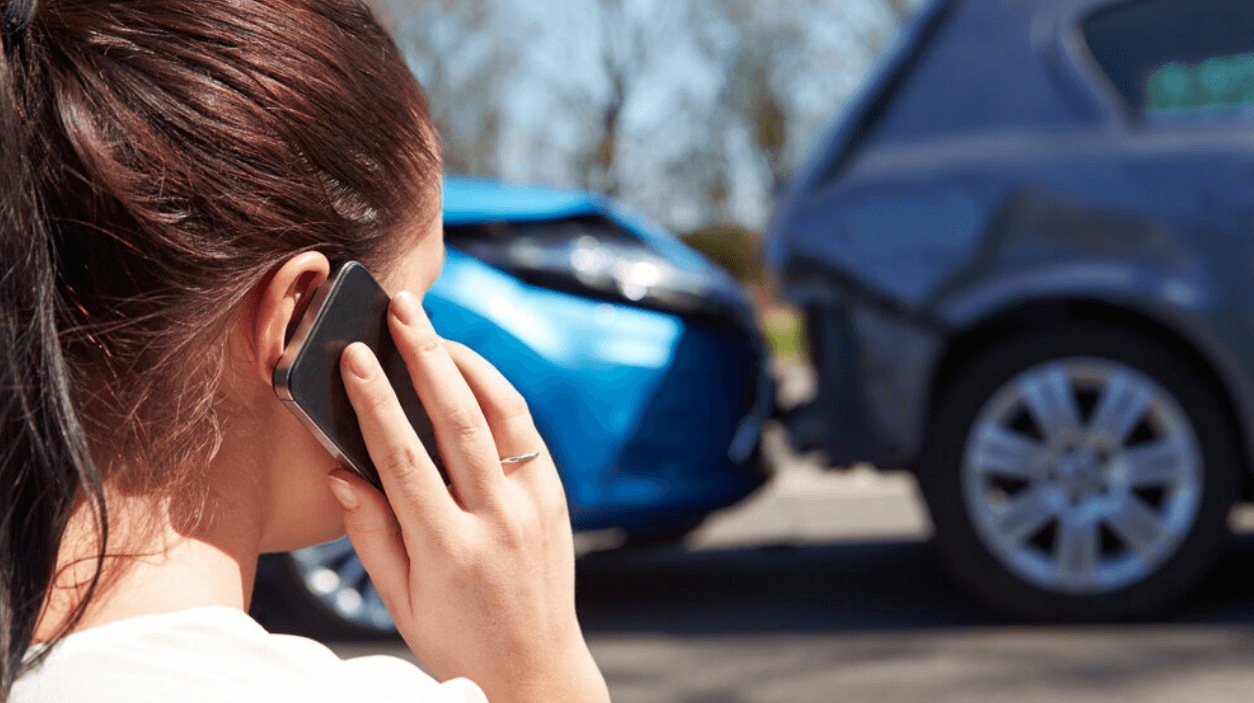
About 85% of Americans 16 and older are licensed to drive, according to recent data from the Federal Highway Administration. But not all of them own a vehicle, including many adults who have opted to car-share or ride-share. Additionally, auto repossessions are on the rise. Automotive News reports repos rose 23% year over year in the first half of 2024. All this means there are many people who drive but don’t own a car.
If you rent, lease or borrow a car, including a company car, you may be surprised to find you still need auto insurance. In fact, it’s the law across the nation.
Let’s look at some common reasons someone who doesn’t own a car would need an auto policy, and what it would cover.
Rental car companies require proof of auto insurance, at least liability coverage. You may be able to get damage liability from the rental company, but you would likely need to demonstrate that you can cover damage or injury to others you cause while operating the car. This is called third-party liability insurance.
For third-party liability, you usually have to meet a state minimum. This typically totals over $100,000 across injury, death and property damage. Your insurance agent will know your state’s laws.
Even renting a truck from a home improvement store or moving truck company requires proof of liability insurance.
Car-sharing is like Vrbo but for vehicles. A person signs up to a matching app and the app finds them a car to rent. They pay a fee to use it for a set term.
Turo and Getaround are two popular car-sharing companies. While Turo and Getaround provide driver liability coverage for damage to the shared car, they don’t provide coverage for injury or damage the driver causes to others. If you car-share, you must have your own liability insurance for injuries and damage to others.
Leasing a car is a longer-term prospect than renting or sharing. While it isn’t quite ownership, it does carry many of the same insurance requirements that owning a vehicle does. For example, the dealership will likely require you to carry the state minimums on liability insurance and collision and comprehensive coverages.
Collision and comprehensive coverage helps pay to repair or replace the leased vehicle if:
You might also be required to carry guaranteed asset protection (GAP) insurance. GAP insurance covers the “gap” between what you owe on the car loan and the car’s actual cash value. For example, say your leased vehicle is stolen. You still owe $20,000 on your loan but the car is only valued at $15,000. In this case, gap insurance would cover the $5,000 differential.
Car owners are allowed to lend their car to other drivers for short periods or various intervals. Different insurance policies stipulate different permissive driving terms.
For example, a parent can list a student driver on their policy as a regular user despite not being an owner. Owners can also lend their cars to neighbors or others outside their households and still be covered for damage to the vehicle. However, if the driver isn’t named on the owner’s insurance policy, they won’t have liability insurance for themselves.
For example, say you’re borrowing a friend’s car. While you’re using the car, you get in an accident and injure someone. Since you aren’t named on your friend’s insurance policy, you’re on the hook for medical payments, lost wages and property damage. Without personal auto liability insurance, you’d have to pay for all of this out of your own pocket. In fact, in most states, it’s illegal to drive someone else’s vehicle without liability insurance.
If you don’t own a vehicle but drive a company car for business purposes, you probably still need personal liability insurance.
Your company will likely get insurance for the vehicle. It may even get liability insurance for damages you cause. But if you are judged to have violated company driving policies in any way, such as violating a traffic law, texting while driving or using a prohibited substance, you may forfeit liability protections under your company’s insurance.
Additionally, if you’re driving in the course of a personal errand, you may find your employer’s coverage lacking. For example, say you stop for lunch and hit a pedestrian or another vehicle in the parking lot. In this case, you’d need a personal auto liability policy to pay for damage to your company’s vehicle and compensation of the party you hit.
If your company provides a full-time vehicle with the understanding that you will use it for business and personal reasons, ask your insurance professional to explain the terms of use for that vehicle.
Your company may have drive other car coverage, which insures you even when you drive noncompany cars. It may also have various liability coverages for you when operating the company vehicle. But you may need extended liability protection, especially if you have substantial assets.
If you don’t own a car but still drive, a liability-only policy might make sense for you. This type of policy is much less expensive than standard personal auto insurance and will protect your assets from legal, medical and remediation expenses you owe to others.
There are also other options coming to market for on-demand car insurance. This covers you only when you’re using a vehicle. It’s typically controlled through a mobile app, which lets you switch your insurance on and off as needed. Understanding the amount and terms of coverage is key, because the coverage might not provide the full protection you need.
Give us a call at 813-645-4404. We will explain your options and help you find the personal auto liability insurance best suited to your driving needs.
This content is for informational purposes only and not for the purpose of providing professional, financial, medical or legal advice. You should contact your licensed professional to obtain advice with respect to any particular issue or problem.
Copyright © 2024 Applied Systems, Inc. All rights reserved.